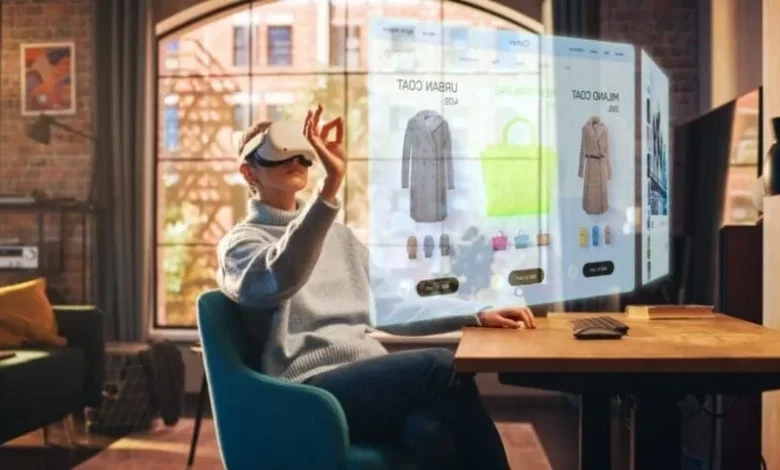Transformations in Retail: What 2024 Brings

The retail landscape in 2024 is evolving rapidly, driven by shifts in consumer behavior, technological advancements, and global economic factors. Retailers are adapting to these changes by embracing innovation, redefining the customer experience, and implementing new strategies that allow them to remain competitive in an increasingly complex market. Understanding these transformations is essential for any business aiming to thrive in the retail sector this year.
Evolving Consumer Expectations
One of the most significant changes in retail in 2024 is the continuing shift in consumer expectations. In recent years, consumers have become accustomed to personalized, seamless, and highly convenient shopping experiences. This trend shows no signs of slowing down in 2024, with consumers demanding even greater levels of personalization and speed from retailers. The rise of AI-powered recommendation engines, for example, allows businesses to anticipate customer preferences and offer tailored suggestions in real-time, both in-store and online.
Moreover, sustainability is a growing concern for many consumers, especially younger generations. In 2024, businesses that prioritize environmental responsibility are likely to stand out. Eco-friendly packaging, sustainable sourcing, and carbon-neutral shipping options are becoming important selling points for retail brands. Consumers are no longer simply looking for quality products; they want to feel good about their purchases, knowing that the companies they support are aligned with their values.
The Rise of Social Commerce
Social media continues to play a major role in shaping consumer behavior, and in 2024, social commerce is poised to take center stage. Social commerce refers to the use of social media platforms as a direct sales channel, where consumers can browse and purchase products without leaving the app or website.
Platforms like Instagram, TikTok, and Facebook are increasingly integrated with e-commerce tools that allow retailers to sell directly to consumers through targeted advertisements, influencer partnerships, and shoppable posts. Retailers are using these platforms not only to market their products but also to build stronger relationships with their audience. Social commerce is not just about direct sales; it’s also about creating a more engaging, interactive, and personalized shopping experience that meets consumers where they already spend a significant portion of their time.
Technology Integration in Retail
2024 is seeing an accelerating reliance on technology in retail operations. From inventory management to customer service, technology is streamlining processes and enabling businesses to operate more efficiently. One of the most significant technological trends is the integration of the Internet of Things (IoT) in retail. IoT and retail technology allow businesses to gather real-time data on everything from customer behavior and in-store traffic to inventory levels and sales trends.
By implementing IoT devices, such as smart shelves, sensors, and digital price tags, retailers can create more intelligent and responsive stores. For example, IoT-enabled devices can automatically alert employees when stock is running low or if a display needs attention, helping improve operational efficiency and minimize stockouts. Additionally, IoT technology allows for more personalized customer experiences, as data collected can be used to recommend products based on customer preferences and past behaviors.
AI and machine learning are also playing an increasingly important role in improving the customer journey. Chatbots, voice assistants, and AI-driven customer service tools can help answer questions, resolve issues, and provide recommendations 24/7. Retailers are using AI to enhance everything from product recommendations to customer support, ensuring that every interaction is as efficient and relevant as possible.
Sustainability and Ethical Retail Practices
As consumers demand more ethical and sustainable practices from brands, retailers are responding by adopting more sustainable sourcing, production, and shipping methods. In 2024, sustainability is no longer just a trend but a critical component of a brand’s identity. From reducing carbon footprints to sourcing materials responsibly, retailers are increasingly focusing on their environmental impact.
Moreover, there is a growing trend toward ethical retail practices, such as fair trade certification, labor rights transparency, and responsible sourcing of raw materials. Retailers that embrace sustainability and ethical practices will not only appeal to conscious consumers but also create a stronger, more positive brand image.
In conclusion, the retail industry in 2024 is being shaped by technological advancements, shifting consumer behaviors, and the drive for sustainability. To stay competitive, businesses must focus on creating personalized, seamless, and engaging experiences across both physical and digital platforms. By embracing technology, focusing on consumer needs, and adapting to changing market dynamics, retailers can thrive in an increasingly complex landscape.




